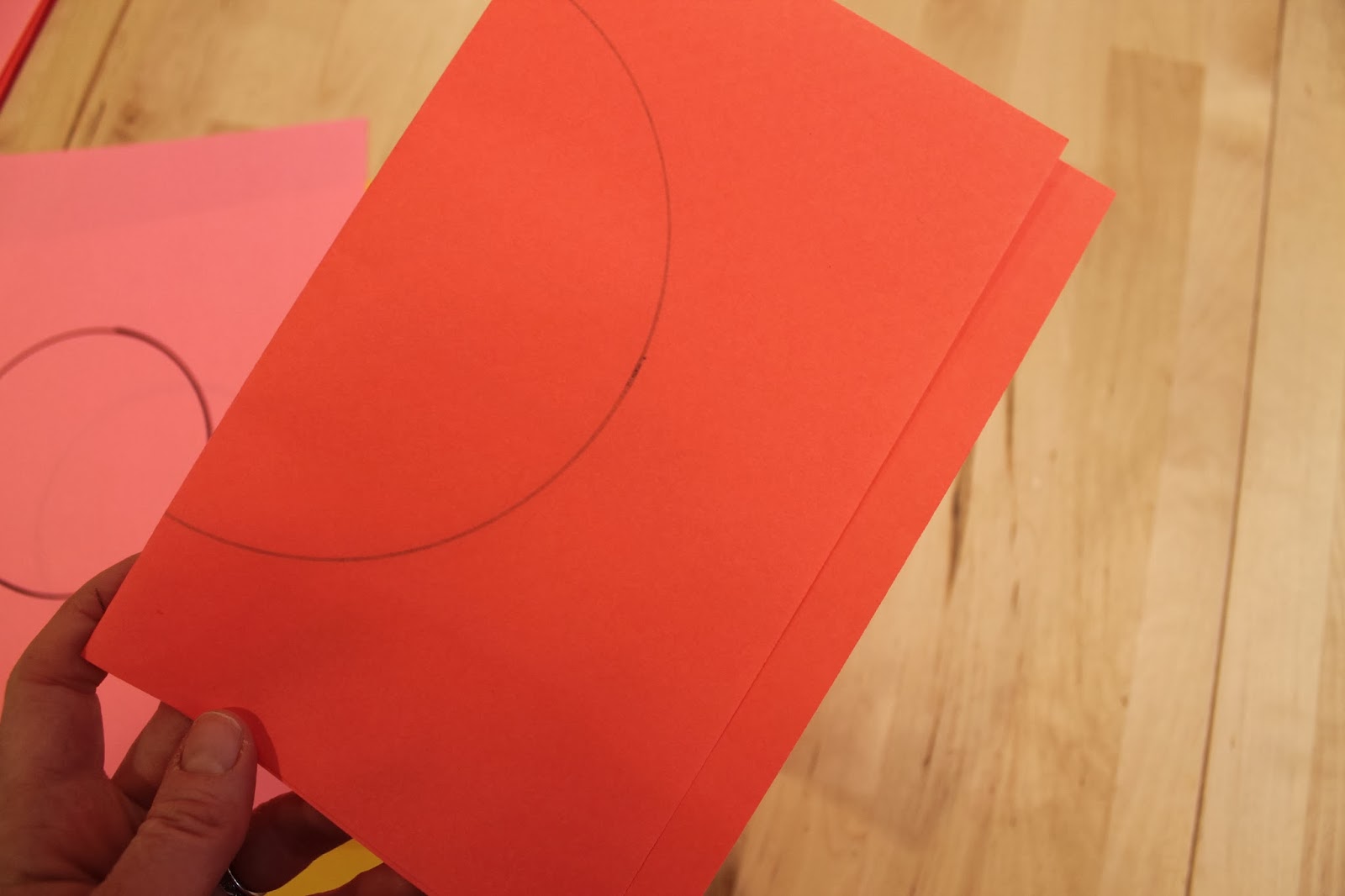 |
| Jules Bastien-Lepage, Harvesting Potatoes in October |
In light of recent controversies surrounding women and the priesthood, I have thought about how I might have a conversation with a conservative Mormon woman about issues facing women in the Church.
This is the second of three parts. In Part 1, I focus on my desire for unity with my conservative friends in the Church despite our disagreements, my belief that the Church is a work in progress, and the possibility that current policy may not fully reflect the will of God. In Part 2, I talk about habits of exclusion and our tendency to allow men to teach women how to be women, without reciprocity. In Part 3 below, I speak about presiding in the home and ordination to the priesthood. Of course, my thoughts are my own, and they do not represent the official positions of my church or any other organization.
Presiding in the Home
One doctrine that I hope is clarified and refined in the near future concerns husbands presiding over their families. In recent years, General Authorities have made it clear that husbands and wives are to make decisions together as equal partners. This has not always been the case. The term "equal partners" carries with it powerful implications. For example, in a business, equal partners may have different responsibilities, but they are equally invested, and they have equal measures of influence and decision-making authority. It makes sense to me that the same principles of equality would apply to a marriage partnership.
But this concept of equality seems to contradict the teaching that men are to preside in the home. According to the dictionary, preside means "to exercise guidance, direction, or control," or "to occupy the place of authority." I have not found a way to reconcile the notion that the husband presides, with the teaching that husbands and wives are equal partners. If women and men are both responsible for leading, teaching, and directing their families, and if they share equally in making important decisions, in what sense does the man preside?
Though men hold the priesthood, women and men both draw on the power and blessings of the priesthood as they make their way back to God1. Elder M. Russell Ballard taught that the priesthood power in the home is shared by husband and wife. But if this is true, then surely husbands and wives are are equally entitled to receive revelation for their homes and jointly responsible to guide and direct their families. I cannot think of any meaningful way in which it makes sense for a husband to preside in the home that does not equally apply to his wife. I believe that families cannot reach their full potential for spiritual and temporal strength without both parents leading. To my mind, emphasizing a man's leadership in the home over his wife's leadership diminishes both husband and wife.
Think of the potential to remove cognitive dissonance, increase our understanding, and strengthen our marriages if the language of the Proclamation on the Family were clarified this way:
By divine design, fathers and mothers are to preside over their families in love and righteousness.
Think of the increased sense of purpose it would give to our young women as they prepare to becomes wives and mothers. Think of the clarity it would give to young men as they prepare to honor their roles as husbands and fathers.
Talking about Women's Ordination
Finally, what about the priesthood? Though I do not personally seek the same kind of priesthood responsibilities that males have, I would argue that no member of the Church should belittle or ridicule the desire that some women have to hold the holy priesthood. Not just because we are commanded to love one another, not just because these women are our sisters and their pain is our pain. But because a close examination of scripture and church history teaches us that this is a complicated issue without clear-cut answers.
When Joseph Smith spoke to the newly organized Relief Society in 1842, he said that he would "make of this Society a kingdom of priests." The word "ordain" was used in setting apart Emma Smith and her counselors. Moreover, it was common in the early days of the Church for women to give healing blessings using the laying on of hands, and Joseph Smith expressly defended the practice saying, "if the sisters should have faith to heal the sick, let all hold their tongues, and let every thing roll on." I see nothing in the standard works that explicitly bars women from holding the priesthood. I am not trying to make the case for female ordination to the priesthood, but I am trying to make the point that our history is full of ambiguities and unanswered questions. It is natural that we should ask whether women will someday hold the priesthood or even whether we, in some sense, already do. And if God Himself, master of the universe, allows us — no, commands us — to come to Him in prayer with our questions, doubts, and petitions, perhaps we should be less afraid to petition our leaders for greater light and knowledge.
I do not seek ordination to the priesthood (at least not the same priesthood that men hold in its current manifestation), for several reasons, some of which can be rationally explained, some of which are inexpressible in words, and some of which are too delicate or sacred to explain in a public forum. They are not persuasive reasons; they are personal. For now, I will not share them here.
But allow me to point out that my reasons do not include the fact that I am a mother, bearing and raising children. The idea that motherhood is to women what priesthood is to men does not resonate with me. I fear that drawing a false priesthood-motherhood parallel does a disservice to both men and women. Fatherhood, not priesthood, is the analog to motherhood.When we say that women don't have the priesthood because they are mothers, we are implicitly claiming that motherhood is somehow more fulfilling, more important, or more exalted than fatherhood. Given that God himself chooses to be addressed as Father, I cannot believe that the sacred calling of parenthood matters any less to men than it does to women2.
Men have fatherhood plus priesthood. Women have motherhood plus . . . what? I long for women to have . . . something, some role in the Kingdom of God that allows us to more fully express our potential as leaders, teachers, and prophets. Whatever doctrinal addendum or change to be wrought would take a revelation from heaven. I have not been given any such revelation, but I hope that the leaders of the Church are earnestly seeking further understanding of the divine roles of women. I only have the vaguest inkling, a hazy vision, of a glorious heavenly council that includes men and women, where women are neither on a pedestal nor subjugated, but equal participants with their hearts, bodies, and minds. Where men were made for women just as surely as women were made for men. Where women speak and lead alongside men. I long for truth to pour out from heaven, until the reality of equality between men and women is made fully manifest.
I welcome you to turn this imaginary conversation into a real one by sharing your thoughts in the comments section.
__________________________________
1My own analogy to illustrate this principle is that my husband might hold a flashlight, but it belongs to both of us, and we both can see the light and use it to make our way along the path.
2Claiming that motherhood is our answer to the priesthood is also problematic in that it excludes (at least in this life) the many women who will never have the opportunity to be mothers and the young women who are still waiting to be mothers, even while their male peers are progressing in the priesthood.












